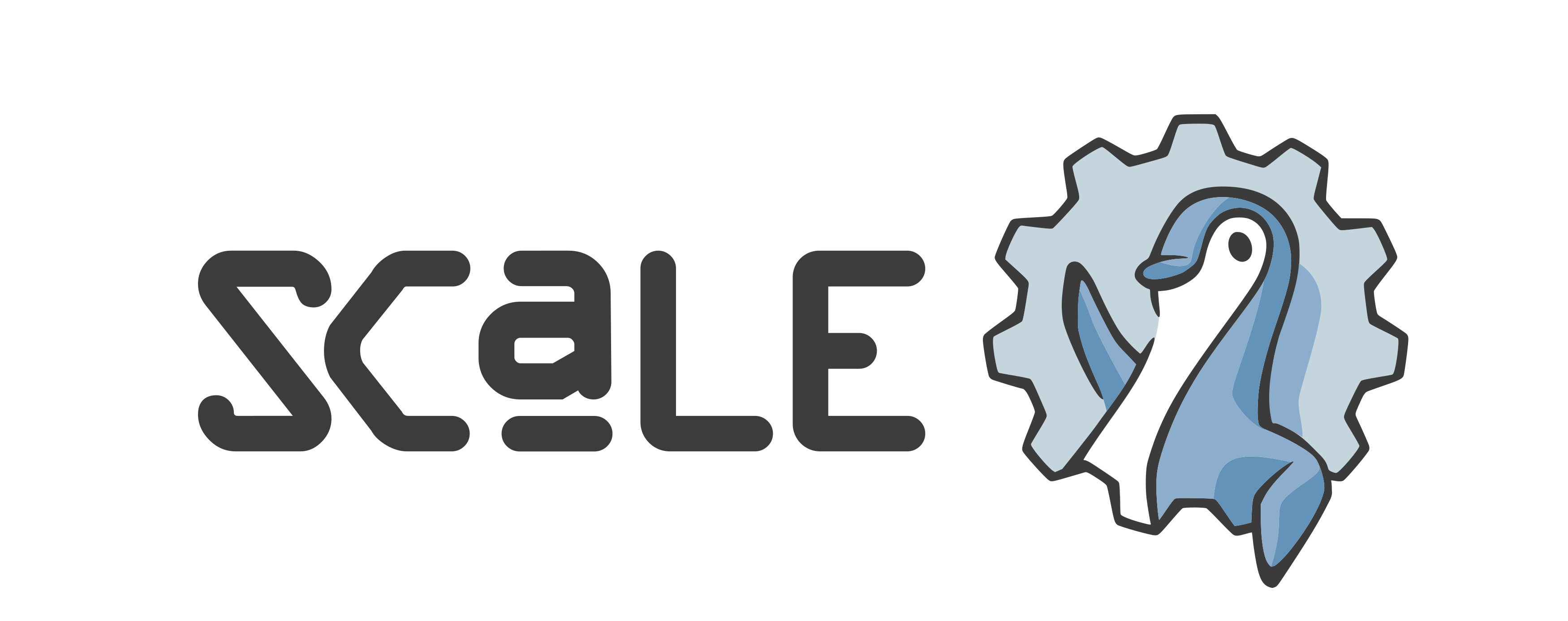Presentations

At DEF CON 32, a few friends pushed binary caching on NixOS to its limits. Thanks to a generous hardware donation by Protectli, we managed to get a mesh network of binary cache servers running in our backpacks, with Nebula mesh VPN and 802.11s mesh WiFi running between them using TPMs for key exchange. We see a future where trustworthy software can be built and fetched from nearly anywhere, and every device can be a node in a swarm of Nix binary caches. Follow along as we build a true edge CDN!

This presentation explores Adversarial Intelligence - an approach that views application security from an attacker’s perspective. Drawing from vulnerability research experience at the NSO Group and building Pegasus, the speaker will highlight how overlooked low and medium vulnerabilities can be combined to execute successful attacks. By examining attack chains and application runtime behavior, attendees will see how gaps often missed by traditional methods are exposed. Attendees will learn about effective tools and techniques for detecting and mitigating these threats.

AI chatbots are cool, but they are O(money) expensive or potentially run on some provider’s hardware with no real agency as to how and when things change. Today we’re going to learn how to design your own personal AI agent without breaking the bank and while retaining control of every part of the stack.
Chinese gongfu tea after-party
Location: Lunasia Dim Sum House
239 E Colorado Blvd
Pasadena, CA 91101
626.793.8822
We will be upstairs, from 6:30 to 8pm.
Come, drink tea, and order yourself some dimsum to wash it down!

Cybersecurity Analyst burnout is real and stakes are higher than ever as all the data is stored completely digitally and threat actors are always after it. In detection and response, detection is not easily achieved and response is not fast. Chances are high that before an alert hits the SIEM/SOAR, some form of Machine Learning and Artificial Intelligence is already been used by the suite of cyber defense products in the SOC.

Artificial intelligence and game-based learning are converging and transforming education by making learning more efficient, personalized, and engaging. This talk will discuss how AI-driven adaptive learning systems can improve knowledge retention and problem-solving by tailoring content to individual learners. Drawing from his vast and storied experience in both video games and educational technology, Bushnell will explain how gamification, real-time feedback, and AI-driven pattern recognition enhance learning outcomes.

The current state of earthquake monitoring systems utilize standard algorithms that process seismic data and run software on local servers. While this system has proven effective for twenty-plus years, it is a dated system in need of modernization. The Southern California Seismic Network is exploring ways to generate earthquake products with modern software technologies such as cloud-native services, AI-powered models, serverless computing, containers, and infrastructure as code. The SCSN aims to develop a system that other networks might be motivated to adopt.

Step into the world of AI-driven data solutions with our focused session on semantic search using Apache Cassandra. We're cutting through the noise to show you how the current capabilities of Cassandra align with the demands of natural language processing and AI systems.
Whether you're managing large datasets or looking to infuse AI into your data strategy, join us to see how Cassandra stands up to the task now and how it's gearing up for an even more efficient future.


This talk is for Linux system administrators looking to understand and prepare for the impacts of post-quantum computing.

The current system of public TLS certificate management suffers multiple issues, from the merely annoying to the truly grievous. While it might have been good enough to get by in the "rough consensus and running code" days of the Web, it's past time to take a hard look at the system that we all grudgingly tolerate, understand where and why it falls short, and begin envisioning and working toward its long-overdue replacement.
